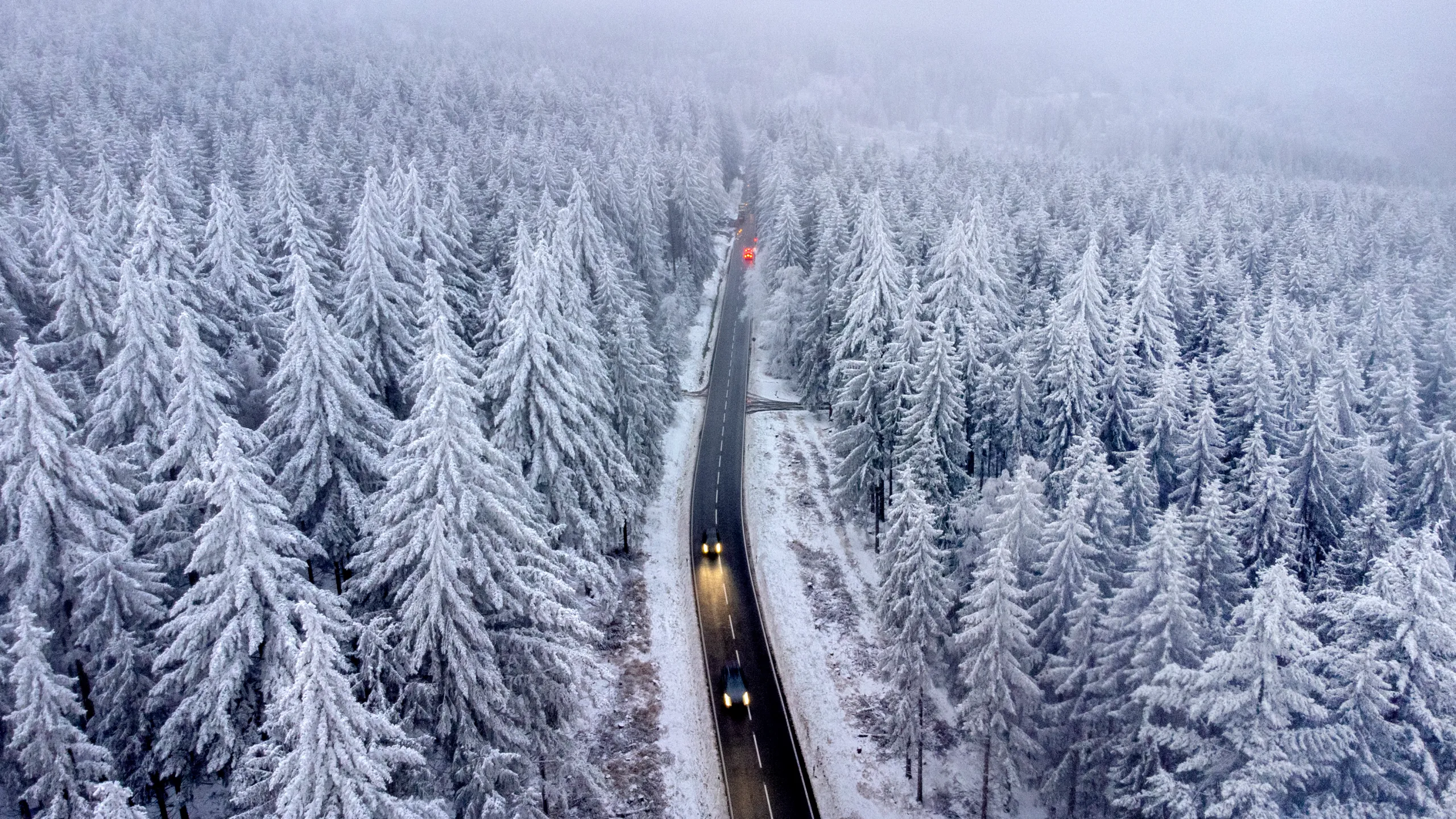Driving during the festive season can be both joyful and challenging. To ensure safety and smooth travels amid the holiday rush, here are the top 12 Christmas driving tips. These recommendations encompass practical advice and crucial reminders tailored to help you navigate the roads during this celebratory period. Whether you’re embarking on a long journey to visit loved ones or navigating busy shopping districts, these tips aim to enhance your driving experience while prioritizing safety for you, your passengers, and fellow road users.
1 – Is the journey vital?
If conditions are expected to be bad, ask yourself whether you even need to travel. Could you delay leaving and wait for conditions to improve? Could you use the train instead?
2 – Fit to drive?
A cold or flu can reduce reaction times. Some medication, such as over- the-counter remedies, can cause drowsiness which will make matters worse. Check medicine warnings and if in doubt ask a pharmacist for advice. Consider changing your plans if you’re concerned. After all, anxiety can affect confidence and lead to unsafe decision making.
3 – Check your car
Has your car been serviced recently? It’s a good way to minimize the risk of breakdowns, as well as maximizing the fuel economy. Check the tread, condition and pressure in all your tires. Tread should be well above the legal limit. Not only will good tread give your tires the best grip but it also disperses water and reduces the risk of aquaplaning.
4 – Travel essentials
Be prepared with an essential travel pack. Fully charge your phone and have important numbers with you in case you need to contact family, friends or your breakdown services. Ensure you have plenty of fuel or – if you drive an electric car – that it’s fully charged. Cold weather reduces the available range. Take warm clothes, pack a blanket and refreshments in case there is an unexpected delay.
5 – See and be seen
Clean all the lights and windows before every journey to give the best visibility. This helps you to see others on the road – and allows them to see you.
6 – Prepare for glare
During the winter months the sun can be much lower and this can make it more difficult to see. Consider having sunglasses with you (including a prescription pair) as they can help reduce the glare.
7 – Allow extra time
Try to avoid rushing on a journey. Leave early and accept the likelihood of congestion and delays. This is much better for your nerves than allowing yourself to get worked up because of situations over which you have no control. But do let relatives or friends know the route you are taking and your expected arrival time.
8 – Keep alert
Take more breaks, especially if you’re driving in poor weather. This requires greater concentration which makes everyone more tired. You’ll know when fatigue is affecting you – it doesn’t just take you by surprise. So resist the urge to press on, and take a proper break.
9 – If you do break down…
Make safety your priority. Turn on your hazard lights and try to pull off the road. Ensure you and your vehicle are visible, then call for breakdown assistance.
10 – Closed means closed
Sometimes police and local authorities have to close roads because of flooding or snow. Don’t be tempted to drive through a road closure as you’re only putting yourself, your passengers – and your rescuers – at unnecessary risk.

